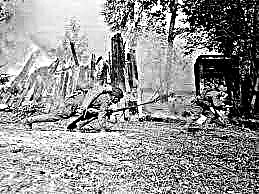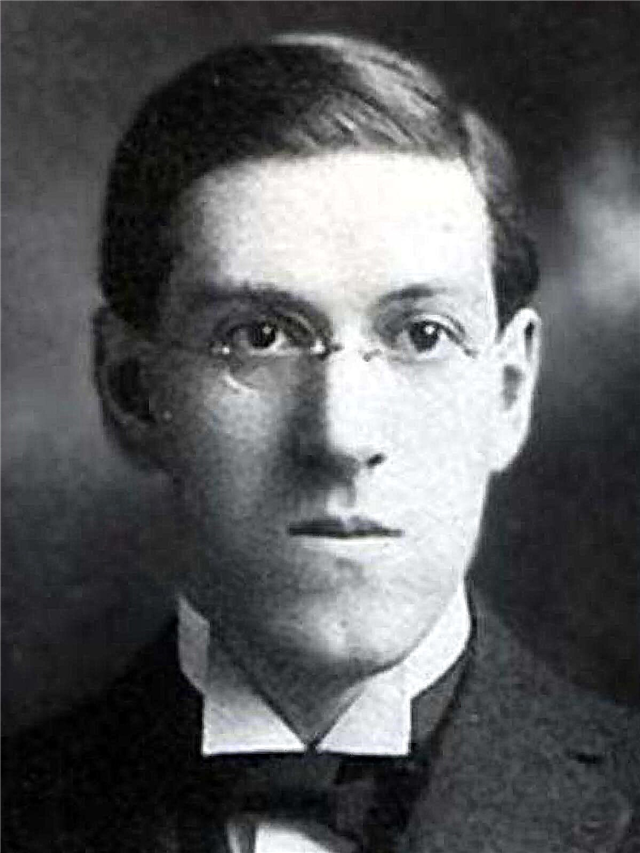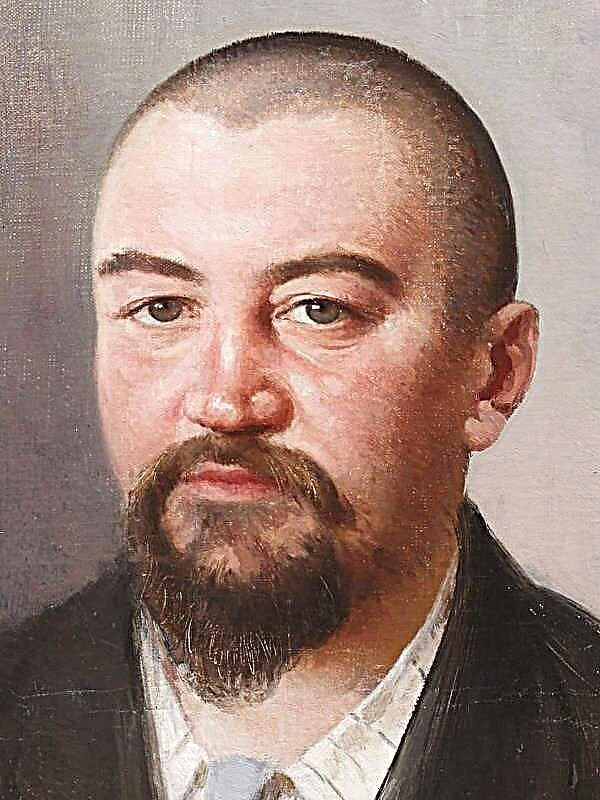The all-knowing Literagur is very happy to help his readers remember all the main events of the work before the lesson. In no case do we recommend replacing the original text with our retelling, but we strongly recommend that you use it wisely only to refresh your memory. By the way, if you need a full-fledged analysis of a work, then it can be found here.
Short retelling
Once upon a time there lived a foolish, stupid landowner, whose name was Urus-Kuchum-Kildibaev. He lived well, richly and happily. He had both meat and bread, and he paid taxes to the treasury without delay. Only one thing gave him neither sleep nor rest — serf men. He hated them with all his soul. How they smell, they say, their habits. The very sight of the serfs brought him into an angry mood. The landowner then came up with the thought - to pray to God that he would have mercy on him and deliver his serfs. God laughed at this simple and did not begin to fulfill it.
Then the stupid landowner was even more angry and introduced a system of fines, spread rot and humiliated his serfs what the light is on. And then the men prayed. The orphan lord heard their tearful prayer "and the peasant in the entire space of possessions of the stupid landowner" did not. Together with the peasants, to the joy of the landowner, the stinking smell and dirt disappeared. The air was clean, clean. Only now all the comrades who came to him repeated to him as one, "you are a stupid landowner." The police officer arrived and said that because of the stupidity of our landowner, now "in the bazaar you cannot buy a piece of meat or a pound of bread." But the master did not bother. Although he was a little scared, and he began to eat less, he continued to stand his ground.
Some time passed and the groomed landowner began to run wild. The estate was overgrown with weeds, wild animals began to pace the lands. Wild landowner and began to hunt them for food. The bear began to visit him as an old friend. “He even lost the ability to pronounce articulate sounds and acquired a special winning click, the middle between whistling, hissing and barking. But the tail has not yet acquired. "
Finally, the provincial authorities learned that such an opportunity was occurring and undertook to correct the matter. And here for the occasion a whole swarm of men flew nearby. So they were collected, and then taken to a wild estate. And immediately everything began to improve - both bread and meat appeared in the market. And money began to come to the treasury again. It was not without difficulty that the stupid master was caught, laundered, and the newspaper Vest was selected.
Then the author ironically informs us that that landowner is still alive. Everything is also on his estate, he lays out a grand solitaire, rare only by compulsion, washes, and also sometimes moo.
Feedback
The tale of Saltykov-Shchedrin “The Wild Landowner” seemed to me very instructive and wise. It helps us, modern people, brighter and more fully present the picture of the situation of serfs in tsarist Russia. Sympathize with them and may even share a little with them the whole burden of heavy burden that they were forced to bear for centuries of slavery. This situation of peasants is very contrasting with the life of the landowners. Who are stupid, lazy, helpless. And absolutely ungrateful to those who provide a “sweet life”. Without the "peasants" the landowners are not able to do even the simplest work, elementary personal hygiene becomes an unbearable labor for them. The peasants keep the whole estate, and with it the whole country. In addition, the author ambiguously hints to us that the Lord himself notices this, and understands the severity of the situation of the peasants. Therefore, he hears their prayers, and the landowner misses and even laughs at them.
I believe that the work “Wild Landowner” can be relevant in our time. Yes, serfdom was canceled long ago, but even now there are people who absolutely do not know how to value other people's labor. Indeed, in our world, every work is important, even if it is the work of a salesman or cleaner. We must be grateful for any work, because without the people who provide for our life, we would all become wild. This is our modern world.
There is another instructive thought in The Wild Landowner. It concerns the unwavering stubbornness of the landowner in her decision to get rid of serfs. Every person who meets him tells him how stupid he is; even the bear with whom the landowner makes friends, tells him about it. But the landowner considers it his holy purpose not to go astray. He thinks that one day, for his ingenious decision, he will be granted the post of minister. He says: “Be firm and not look!” I think that Saltykov-Shchedrin wanted to show us how diverse the points of view can be. What seems good to one can be a real nightmare for another. And sometimes you need to listen to other people's opinions and change your plans. Our goals should be beneficial to the world, and not just a blind whim, which rests on only one point of view of a person with low intelligence.
But most of all I liked the story of Saltykov-Shchedrin in that it is truly ironic and can make its reader laugh. Indeed, when we laugh at vices, this means that we left these vices in the past.
The author teaches us to be wiser, to constantly learn something new. And, of course, be able to take care of yourself in any situation.












